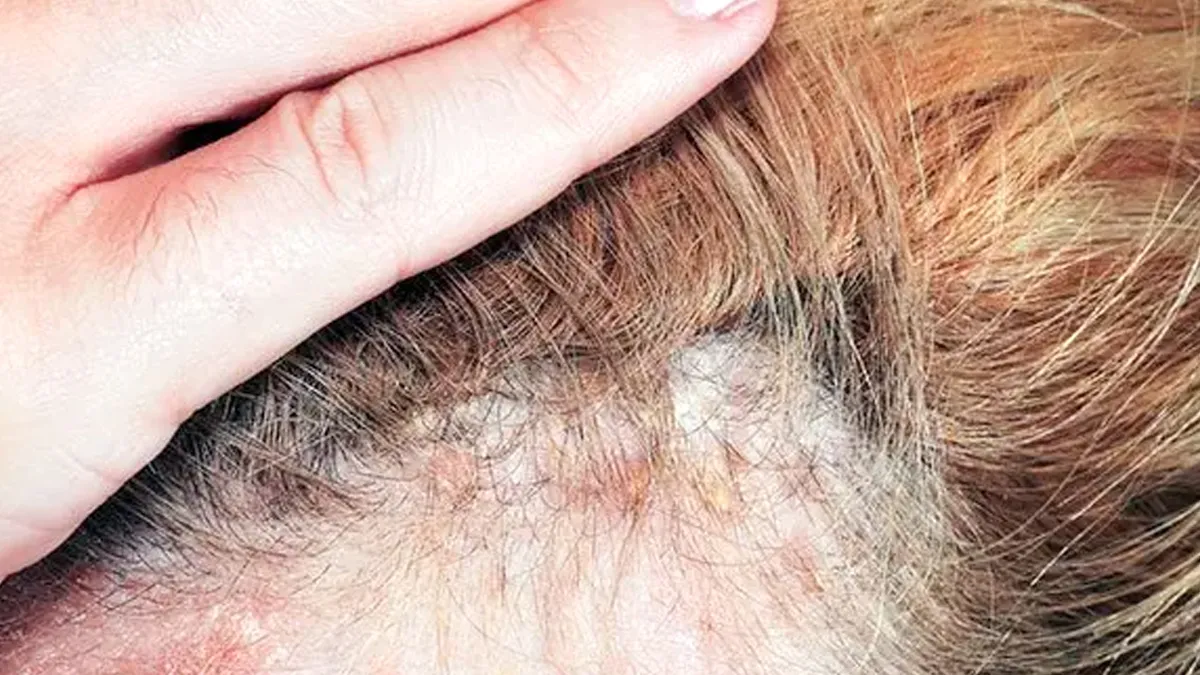
When we think about hair loss, we tend to blame it on genes, stress, or hormones. But there's one other quiet culprit that's attracting notice, which is the scalp microbiome. As with our gut, our scalp also harbours an unique population of bacteria and fungi that support hair and scalp well-being. When that equilibrium gets thrown off, inflammation, weak follicles, dandruff, and even hair thinning or loss can result.
Table of Content:-
What Is the Scalp Microbiome?
In an exclusive interaction with the editorial team of Onlymyhealth, our expert, Dr Pravin Banodkar, MBBS, DNB, DD (UK), FIDP Dermatology, Co-Founder and Lead Dermatologist of Skin Beyond Borders, Mumbai explained that the scalp biome consists of microorganisms that live on your skin's surface. The microbes serve to:
- Regulate the pH of the scalp
- Balance oil production
- Stop bad pathogens from multiplying
- Maintain the proper functioning of follicles
“A balanced biome equals stronger, healthier hair. However, when the balance is lost because of lifestyle choices, product accumulation, or infection, problems can develop,” he said.

How Does an Unhealthy Scalp Biome Cause Hair Loss?
Dr Banodkar highlighted that there are multiple causes of an unbalanced microbiome with hair loss. These may include:
- Inflammation: Excess of bad bacteria or fungi can inflame the scalp, destroying follicles and arresting hair growth.
- Clogged Follicles: Dirt buildup and excess sebum nourish nasty microbes, clogging hair follicles and diminishing oxygen supply.
- Compromised Hair Anchoring: Unhealthy scalp condition can destabilise the hair growth cycle, resulting in early shedding.
- Dandruff and Dermatitis: Scalp conditions such as seborrheic dermatitis impact scalp health and commonly co-occur with hair loss.
Signs Your Scalp Biome Might Be Imbalanced
Additionally, here are the typical red flags to monitor your scalp’s health:
- Chronic dandruff or flakes
- Itching and discomfort
- Over-oiliness or dryness
- Rotten scalp smell
- Sudden or patchy hair loss
- Scalp acne or bumps
“These symptoms suggest that your scalp's protective ecosystem is under stress,” noted Dr Banodkar.
Also Read: Expert Shares How Stress Directly Affects Your Diabetes And 5 Tips to Beat It

How to Rebalance Scalp Scalp Biome
According to Dr Banodkar, you don't need extreme solutions for a health scalp. Here are some expert-approved tips:
1. Select the Right Hair Products
Use gentle, sulphate-free shampoos and skip heavy silicones. Clarify your hair once a week to clear out buildup.
2. Support With Scalp-Friendly Nutrition
Add foods high in omega-3s, zinc, vitamins A, D, and E, and probiotics to nourish a healthy biome from the inside out.
3. Avoid Overwashing
Shampooing two to three times a week is usually sufficient unless you're a heavy sweater or product user.
4. Massage the Scalp Daily
Massaging your scalp daily improves circulation and allows natural oils to spread, inhibiting microbial imbalance.
5. Use Heat Styling and Tight Hairstyles Judiciously
Shield hair follicles against heat damage and tension to minimise shedding.
Bottomline
Your scalp biome has much more influence on the health of your hair than most people are aware. When its sensitive balance is upset, inflammation, buildup, and damage to follicles can result in hair loss. By taking proper care, using the right products, and adopting the right lifestyle habits, you can get your scalp back in balance and promote healthy hair growth from within.
Also watch this video
FAQ
1. Will correcting my scalp microbiome reverse my hair loss?
Yes, rebalancing will minimise inflammation and aid growth, especially if hair loss is due to scalp problems.2. How can I determine if my scalp biome is unhealthy?
Check for flaking, itching, oiliness, dryness, smell, or new shedding.3. Do probiotic scalp products work?
They may assist, but the outcome varies with the reason for imbalance and regularity of application.
How we keep this article up to date:
We work with experts and keep a close eye on the latest in health and wellness. Whenever there is a new research or helpful information, we update our articles with accurate and useful advice.
Current Version
Oct 13, 2025 17:59 IST
Published By : Tanya Srivastava